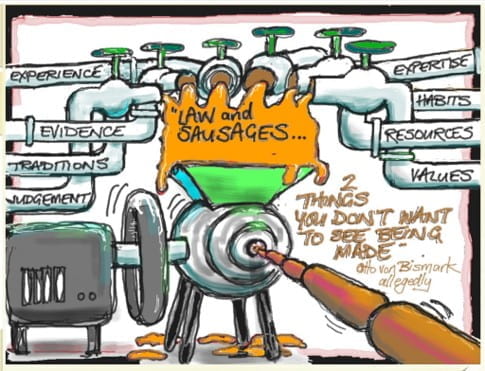
André Hedlund, Chevening Alumnus, MSc in Psychology of Education from the School of Education at the University of Bristol
“Challenging. The Brazilian Educational System is Huge”
This is written on the website of Todos Pela Educação (All for Education), an NGO that provides information about the Brazilian educational scenario in order to help boost quality and access to basic education.
Brazil has a history of elitism and oppression. Education was used as an evangelisation tool by the Jesuits to convert Indigenous Brazilians in the early colonial years, between the 16th and the 19th centuries. Till this day, many schools are run by religious institutions. In the 19th century, the elite either had the luxury of private tutors or sent their children abroad, particularly Portugal, for their studies while slaves traded in from Africa were not allowed any type of education at all. Black people are still marginalised as a consequence of structural racism.




